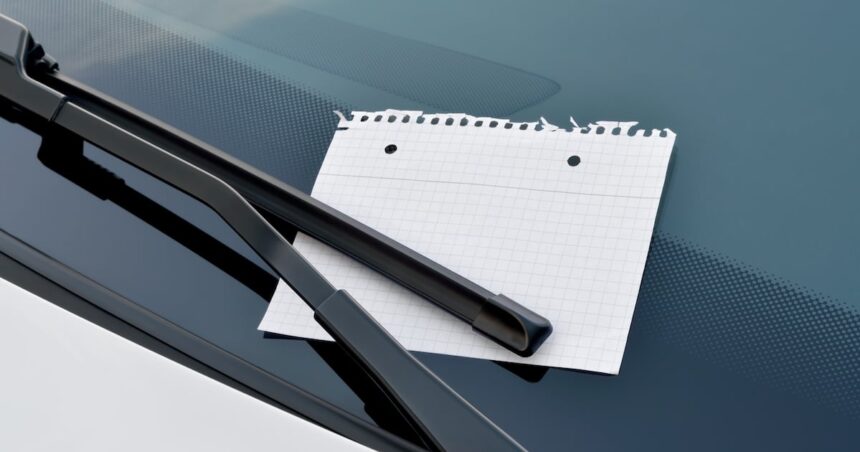I’ve been investigating a case that reveals a surprising legal gap for Canadian drivers. When Mira Jensen returned to her car in a Richmond, BC parking lot this April, she found an unexpected note on her windshield: “Sorry I hit your car—call me and I’ll cover the damage.” She did call, and the person who left the note initially agreed to pay for repairs.
But two weeks later, they changed their mind.
According to documents I reviewed from the BC Civil Resolution Tribunal, Jensen sought $1,845 for repairs after the other driver refused to pay. The case hinged on a critical question: does leaving an apology note constitute an admission of liability? The tribunal’s answer was surprisingly straightforward—no, it doesn’t.
“The note is evidence the respondent’s vehicle made contact with the applicant’s vehicle,” wrote tribunal member David Jiang in his May 30 decision. “However, this alone does not establish the respondent’s negligence.”
I spoke with civil litigation attorney Marie Deschamps, who explained why this matters. “In Canadian tort law, an apology alone isn’t proof of negligence. The burden remains on the claimant to demonstrate how the damage occurred and that the other party failed to meet their duty of care.”
This ruling aligns with provincial legislation across Canada. British Columbia’s Apology Act specifically prevents apologies from being used as evidence of fault in civil proceedings. “The legislation encourages people to apologize without fear of legal consequences,” Deschamps told me.
For Jensen, the outcome came down to evidence—or lack thereof. She provided photos of damage to her vehicle but couldn’t demonstrate exactly how it happened or prove the other driver was negligent. Without witnesses or security footage, she couldn’t meet the legal threshold for her claim.
I’ve reviewed similar cases across Canadian jurisdictions, and they consistently show that saying “sorry” isn’t legally binding. The Canadian Automobile Association confirms this creates a challenging situation for drivers who discover damage after returning to their parked vehicles.
“Without direct evidence of how the damage occurred, it’s extremely difficult to prove liability,” explains Daniel Green, insurance analyst at CAA. “Many drivers are surprised to learn they may need to use their own collision coverage, even when someone admits to hitting their car.”
This case highlights why parking lot incidents are particularly problematic. Unlike roadways, parking lots often lack clear traffic rules. Determining fault becomes murky when both vehicles are in motion or when one driver isn’t present.
“Legally speaking, all drivers have a duty to exercise reasonable care in parking lots,” notes Cecilia Wong, a traffic safety researcher at Simon Fraser University. “But without witnesses or cameras, proving who breached that duty is nearly impossible.”
The case also reveals a troubling gap between moral and legal responsibility. While many Canadians believe leaving a note is the right thing to do, the tribunal’s decision suggests there’s little legal incentive for honesty.
For drivers like Jensen, the options are limited. Filing through insurance means paying a deductible and potentially facing premium increases. Taking legal action requires evidence that’s often unavailable. And even when someone admits to causing damage, that admission may carry no legal weight.
I reached out to several insurance companies to understand their policies on parking lot incidents. They confirmed that without clear evidence of fault, drivers typically must use their own collision coverage, subject to deductibles.
The BC Civil Resolution Tribunal has handled dozens of similar cases in recent years. Their consistent ruling: an apology note creates no legal obligation to pay. This precedent affects thousands of minor collision cases annually across Canada.
This case serves as a cautionary tale for Canadian drivers. If your parked car is damaged, collecting evidence immediately is crucial—take photos from multiple angles, look for witnesses or security cameras, and document everything. An apology note might ease your frustration, but it won’t necessarily cover your repair costs.
As one lawyer I interviewed put it, “In Canada, we’re known for saying sorry—but legally speaking, sorry doesn’t always mean what people think it means.”






